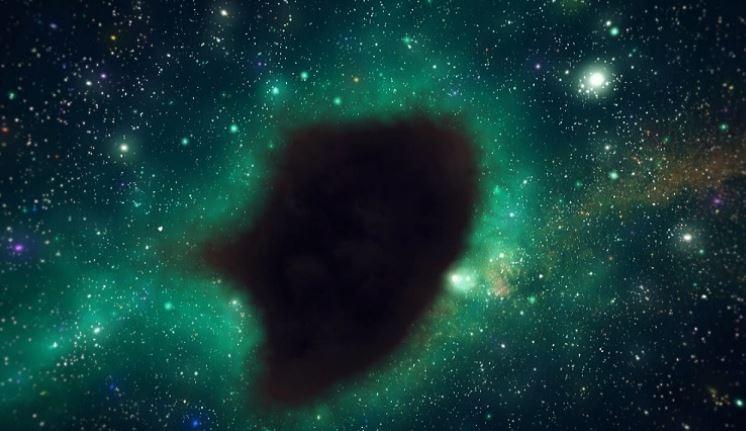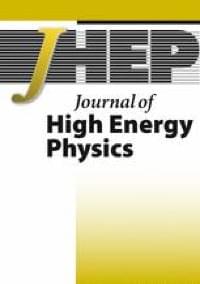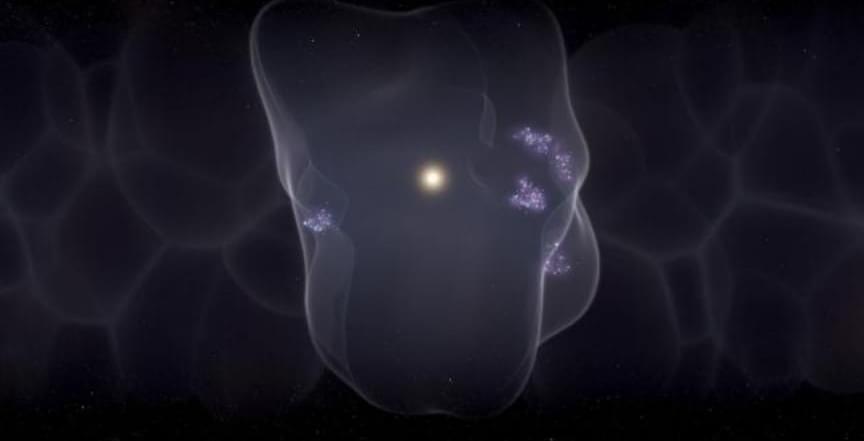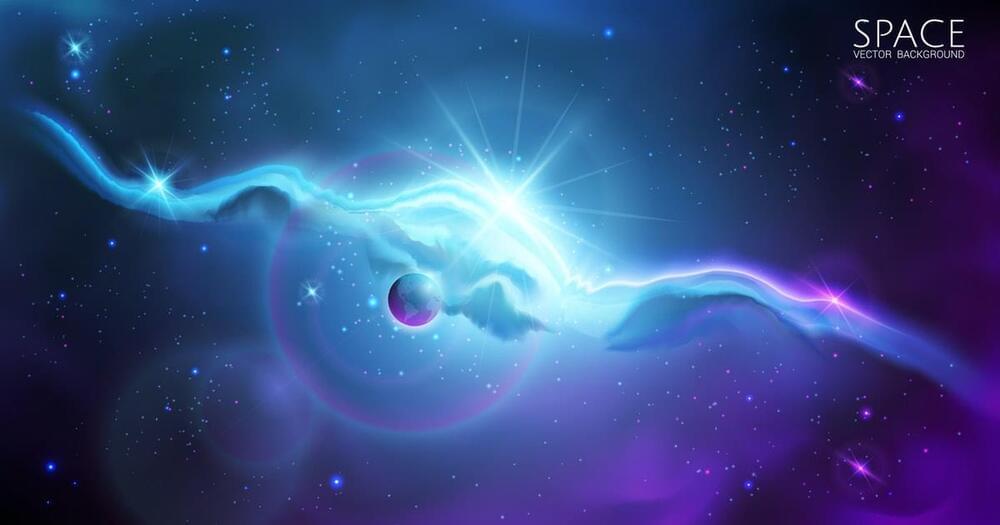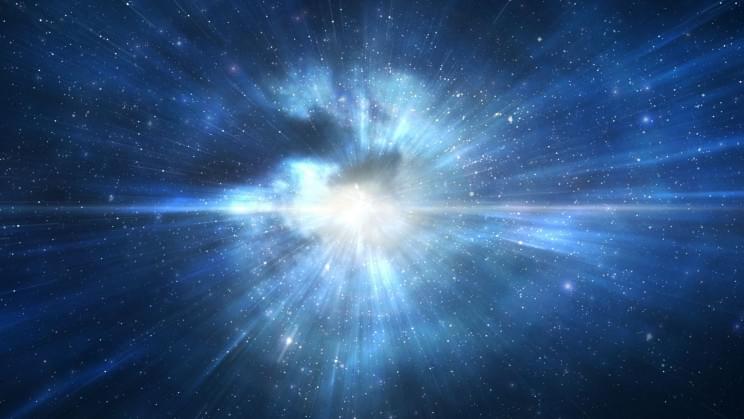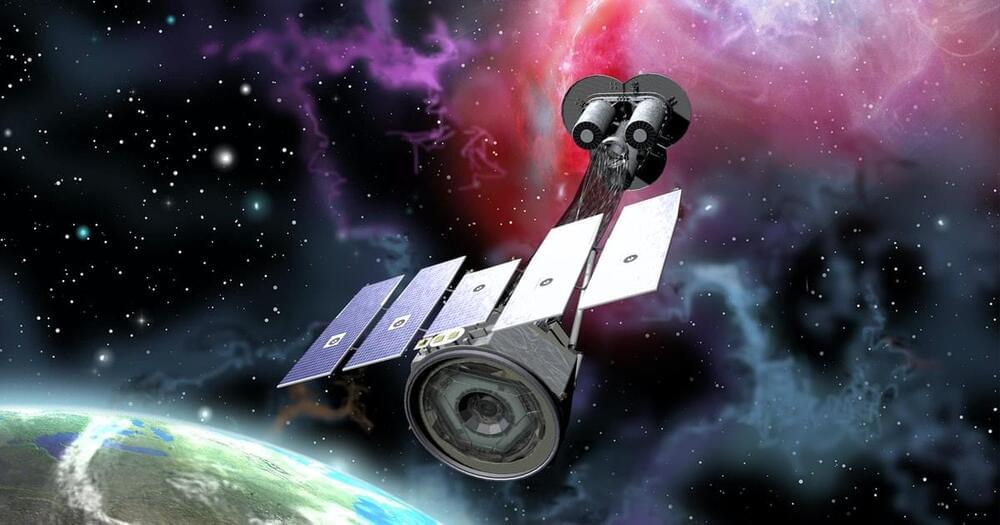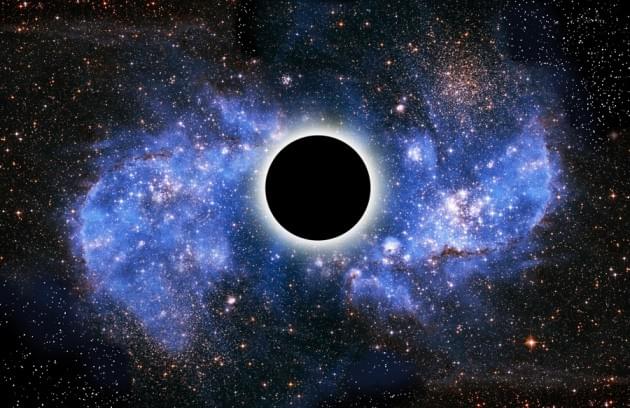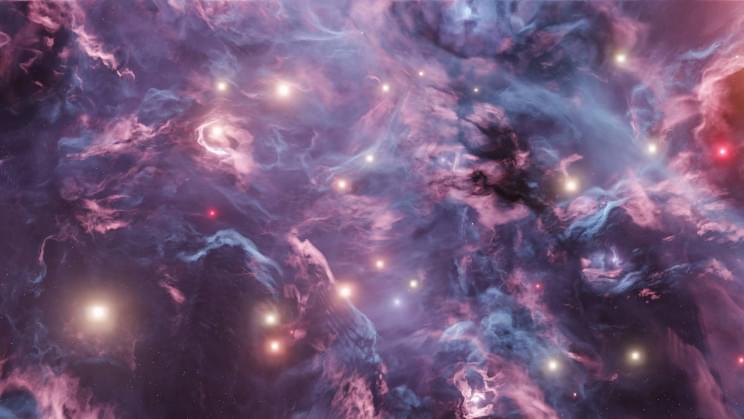Jan 13, 2022
There is an unrealistically huge place in the universe where there is absolutely nothing
Posted by Kelvin Dafiaghor in categories: cosmology, physics
Supernovae and black holes, although they surprise scientists, are gradually being studied and recorded. Scientists are much more concerned with strange places in the Universe, which are difficult to explain by the laws of physics and nature we know. The Bootes Void is one such place. It is not considered to be emptiness by chance – there is absolutely nothing in it. Astronomers for a long time could not believe their own eyes, because in a colossal area of 300 million light years there was not a single galaxy or star. Solid blackness extends over unimaginable distances. Like anomalien.com on Facebook…
